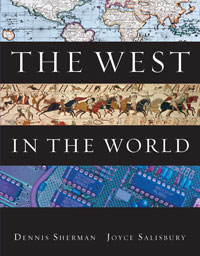1 A) True B) False 2 A) True B) False 3 A) True B) False 4 A) True B) False 5 A) True B) False 6 A) True B) False 7 A) True B) False 8 A) True B) False 9 A) True B) False 10 A) True B) False 11 A) True B) False 12 A) True B) False 13 A) True B) False 14 A) True B) False 15 A) True B) False 16 A) True B) False 17 A) True B) False 18 A) True B) False 19 A) True B) False 20 A) True B) False 21 A) True B) False 22 A) True B) False





